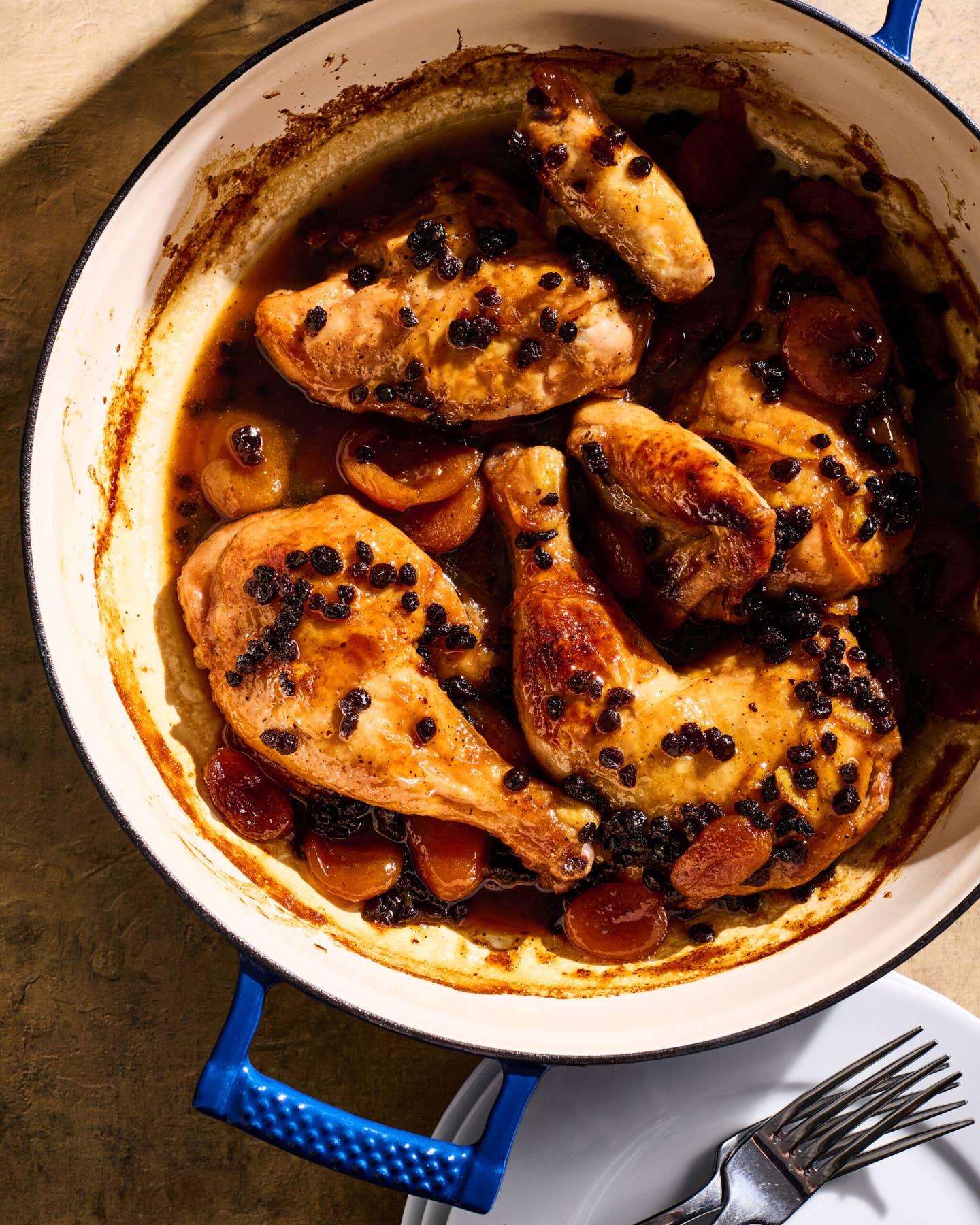
Building Marinades
Marinades keep grilled foods juicy, tender, and flavorful, but in order to do their job, they must include a few key components. Acidic ingredients, such as vinegar or citrus juice, break down proteins, allowing marinades to penetrate meats. Enzymes found in certain fresh fruits, such as pineapple, also break down proteins, but they only act on the surface. Marinades made with such fruits help a tasty crust form when you're grilling thick steaks or other hefty cuts of meat. Since acids alone can toughen meat, marinades also need fat. Olive oil and other fats help seal in moisture and season foods. Once an acid or enzyme and a fat are in place, the other seasonings are up to you.
In general, you'll want to use one part acid or enzyme-rich fruit juice to two parts fat, with other seasonings to taste. (Denser cuts of meat, like flank steak, can withstand more acid for longer times, while fish and thinner, more tender cuts should get milder, quicker soaks.) Keep balance in mind: Salty ingredients bring out the savory depth in meats while helping them stay juicy; offset these with fiery or sweet ingredients. Sugars, which caramelize in the heat of the grill, pair well with tart flavors. Herbs, spices, and other aromatic flavorings can be added in infinite combinations.
Keep Reading
Continue to Next Story










